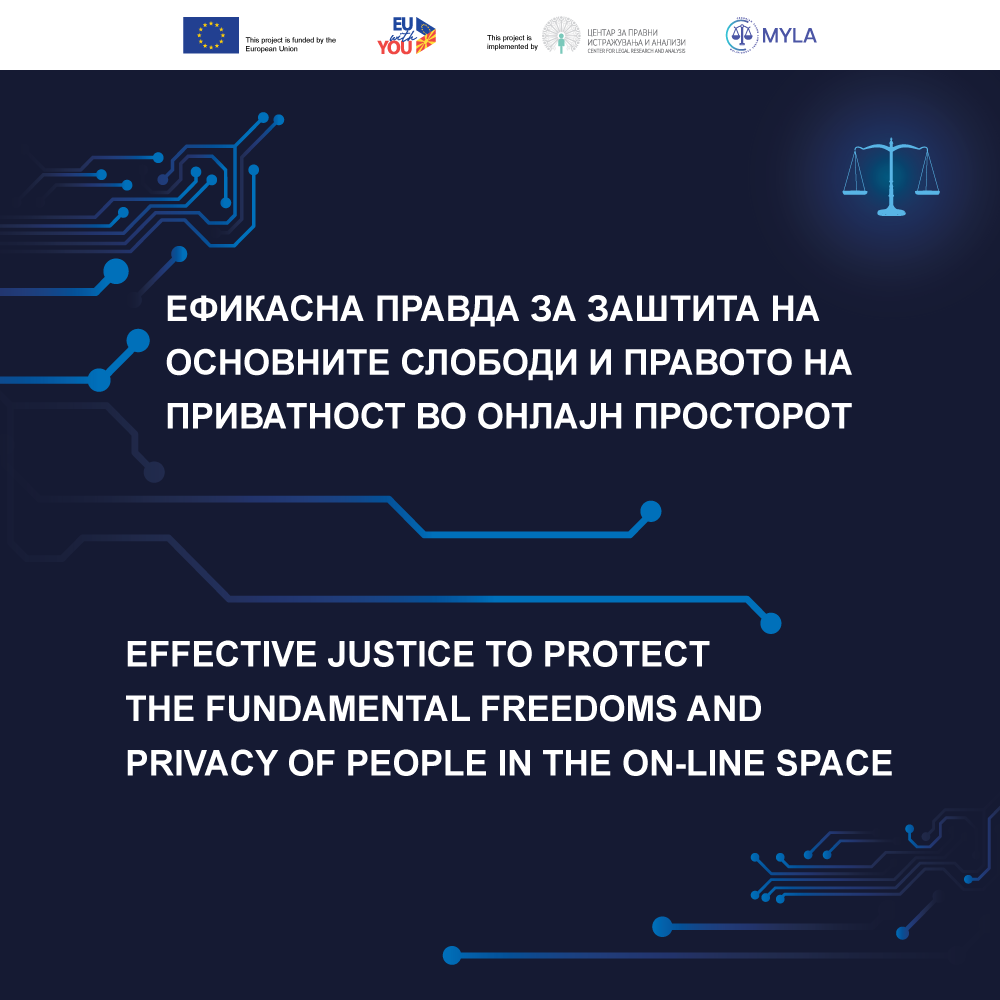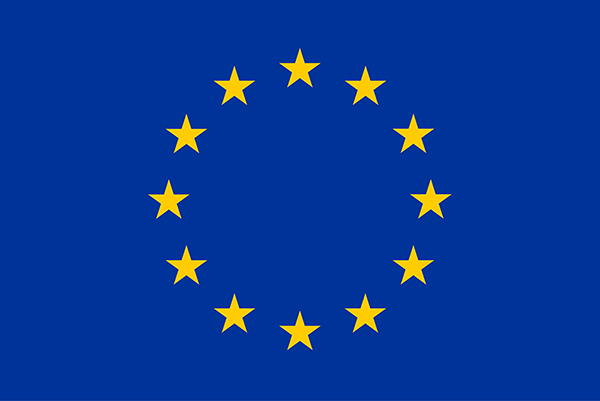About the Project
Context
The Constitution of the Republic of North Macedonia guarantees the right to privacy of individuals in the scope afforded by the European Convention for the Protection of Human Rights and Fundamental Freedoms. The country is also a signatory to the Convention for the Protection of Individuals with regard to Automatic Processing of Personal Data 108/81 The new Law on Personal Data Protection (Official Gazette of the RNM No. 294/21) was adopted in February 2020 to align the national data protection legislation with the EU General Data Protection Regulation (GDPR) as the highest legal standard for personal data processing. Although the Personal Data Protection Agency (PDPA) has a primary authority in this area, to supervise the legality of the activities undertaken during the processing of personal data, as well as the protection of the fundamental rights and freedoms of individuals regarding processing of their personal data, the judiciary and public prosecution have significant role in the protection of human rights in the online space including privacy of people and personal data. The EU law requires that individuals must have the right to an effective judicial remedy for privacy violation and to bring their case before a court. In such circumstances it is more than necessary to ensure that the judiciary can keep the pace with the dynamics of the ICT related challenges related to privacy and data protection.
The Academy for Judges and Public Prosecutors (AJPP) in its initial and continuous training programmes aims to strengthen the expertise of justice system institutions, however the training programmes do not include courses on protection of human rights in the on-line including privacy of people and personal data protection. There is a lack of research regarding capacity of the judiciary to protect the citizens’ privacy as well as other rights and fundamental freedoms in the on-line space, which creates a gap for development of a policy framework and implementation of international standards effectively. Public debates and advocacies on the subject matter are at the level of CSOs or the Personal Data Protection Agency and there is limited collaboration on the subject among the main stakeholders in the field (judiciary, prosecution, PDPA, Ministry of Interior, Ministry of Justice, AJPP, legal practitioners, and CSOs). The consequences if this problem is not addressed include barriers to those seeking remedies for violation of privacy rights, inability to meet the EU standards, distrust in the institutions, and a high rate of violations of fundamental rights in the online space.
The overall objective of the action is to enhance the capacity of judiciary to protect citizens’ privacy as well as other rights and fundamental freedoms affected by the new technologies in the on-line space in line with the EU regulation and standards.
Overall, the project will benefit the final beneficiaries in the following way:
- Citizens and vulnerable groups will be educated on how they can claim their rights before judicial institutions.
- AJPP will benefit from the training curricula developed and enhanced capacities to train judges and prosecutors to protect the privacy of the people in line with EU standards.
- Judges and Public Prosecutors will be trained to effectively adjudicate, investigate and prosecute the violation of privacy rights and human rights violations in the online space in line with the international standards.
- PDPA will benefit from the research and policy framework, capacity building and policy dialogue among the main stakeholders proposed with the action.
- Ministry of Interior (MoI) – at least 20 representatives from the Cybercrime and Digital Forensic Department of the Ministry will be trained in the field of protection of fundamental freedoms and privacy in the online space.
- Ministry of Justice (MoJ) – the project will involve the MoJ in the strategic policy discussions allowing it to contribute and later on reflect the policy recommendations in the strategic policy making.
- Legal practitioners will participate in the strategic forum discussions where they will reflect on their practical experiences, providing recommendations for policy improvement. They will use the Guidelines for judicial actors on Privacy and Data Protection developed within the project in their legal practice in protection of privacy of people.
- CSOs will benefit from the Action by being part of the advocacy and broad policy dialogue that will support their efforts in creating credible privacy and data protection environment and advocacy.

Period:
01/02/2023 - 31/01/2025Status:
Ongoing